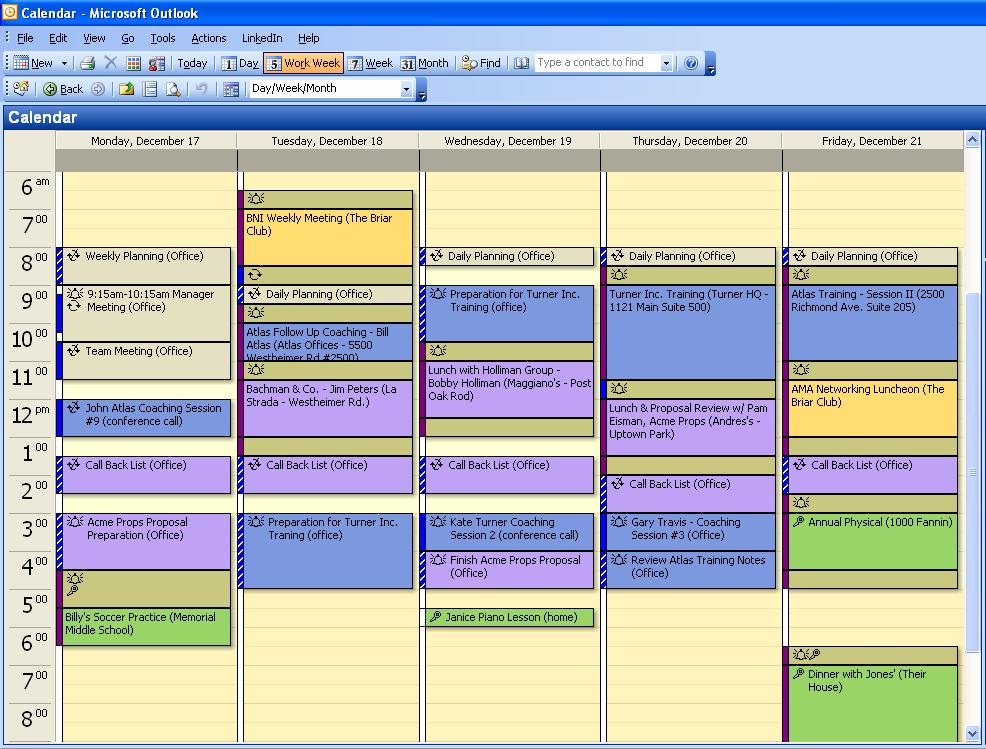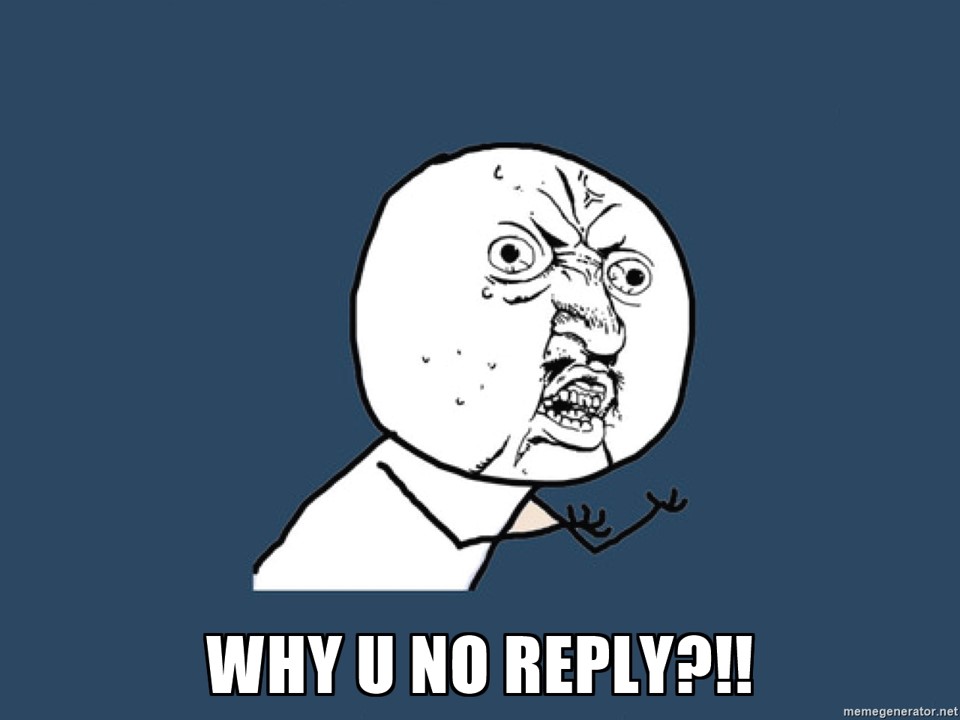If you look at the average electronic calendar, it’s chockablock with meetings and calls and out-of-office reminders; see above. Yet because the wording of each appointment follows a different format, it can be difficult to sum up your schedule with just a glance.
For example, one invite I just received says, “Full Team Weekly Tuesday Meeting – 1-XXX-XXX-XXXX; Participant code: XXXXXXX#.” The invite for a recent all-hands confab is titled, “All-Hands mtg.” Another appointment calls for a “newsroom report discussion,” while another one requests attendance at “TMD Training.”
Wouldn’t it be helpful if all these appointments adhered to a standard format, so that, for example, the first word specified what the given item is? I’ve long been using such a template on my own calendar, and it makes perusing each day’s events much easier. Here’s the format I follow:






